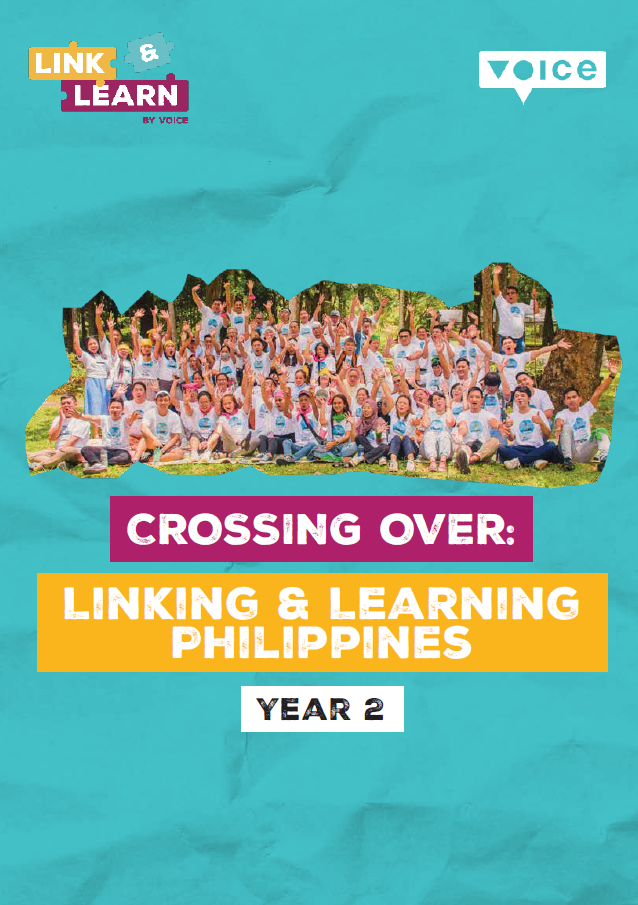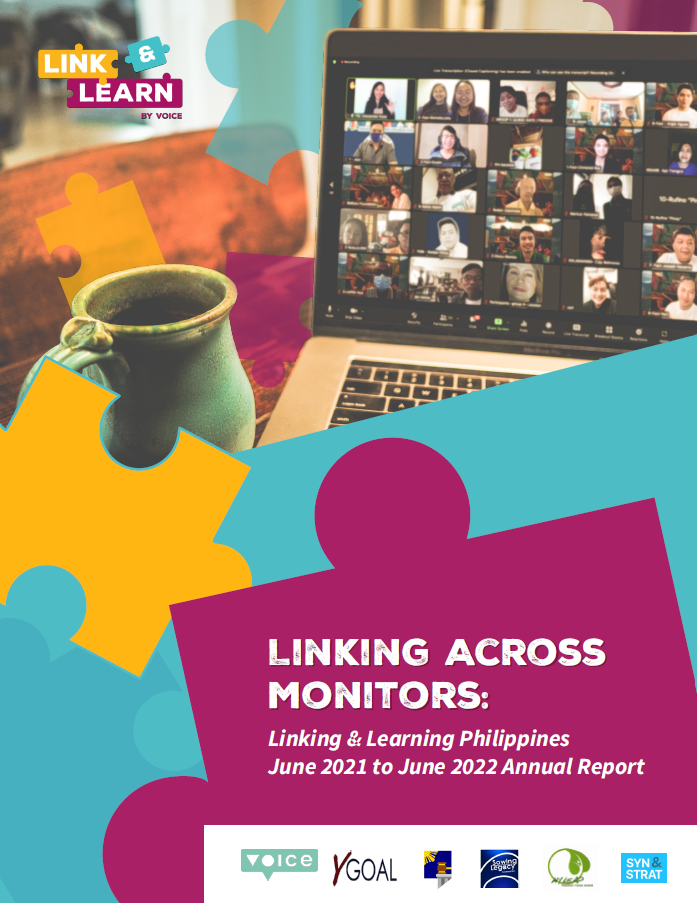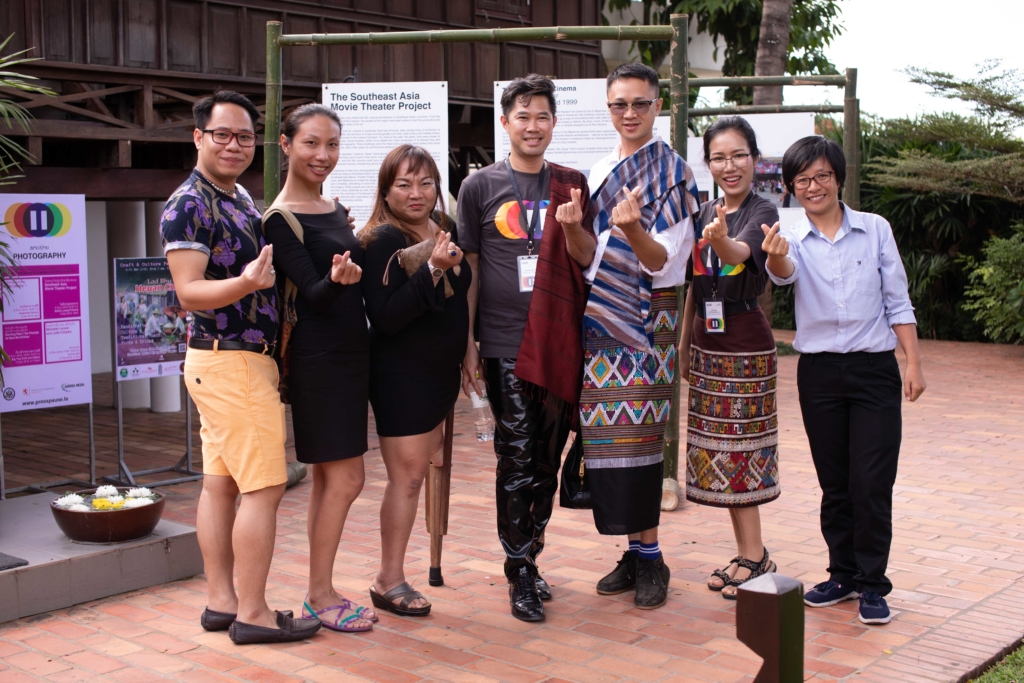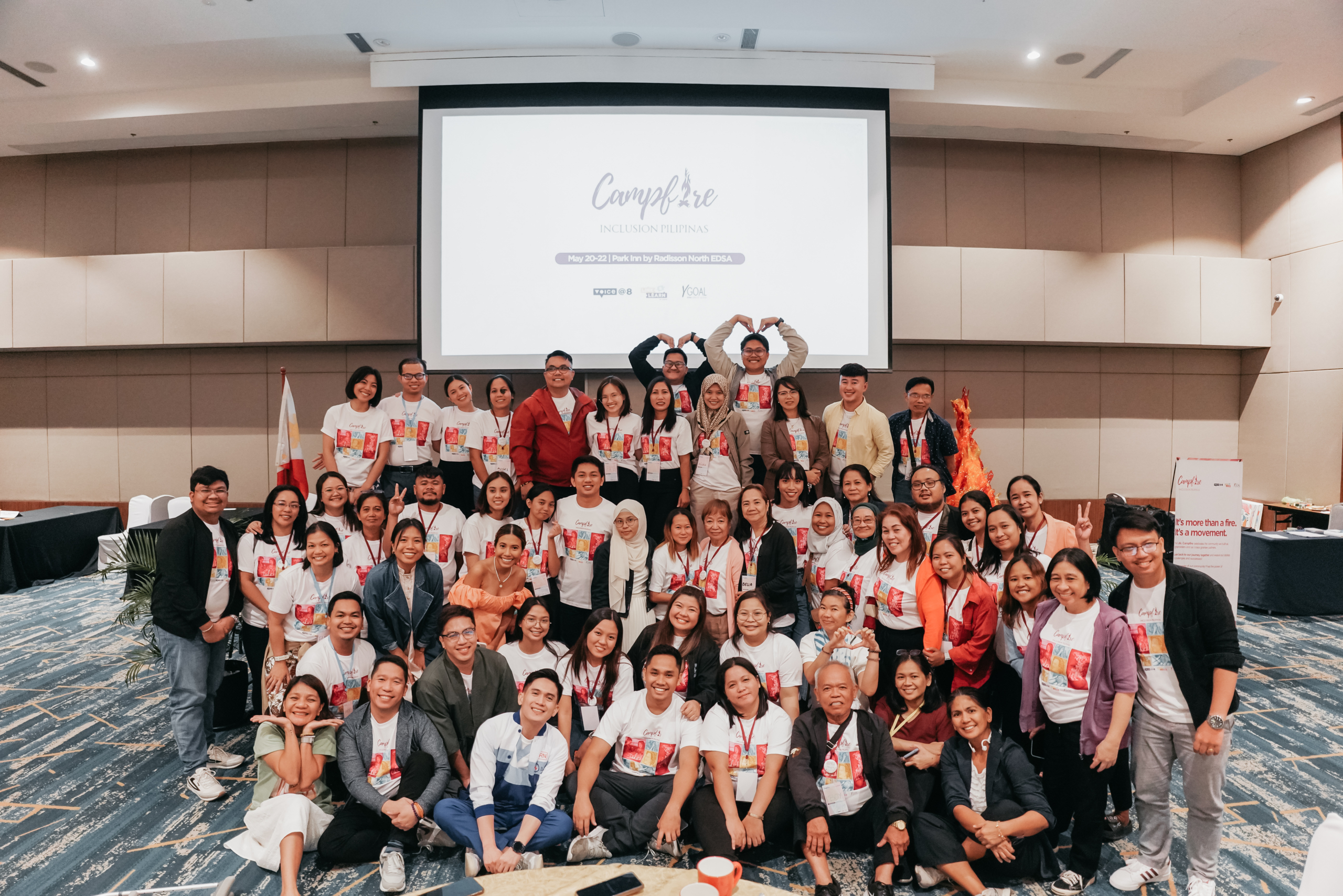Voices rise above the rubble: Women championing the dignity of the dead and missing
By Cristina Batalla, with Czarina Medina-Guce and Anne Marie Rey
This blog draws from the authors’ external evaluation of the Hivos Voice-supported influencing project in the Philippines, “Bringing Vulnerable, Outlying and Indigenous Communities to Engage the Management of the Dead and the Missing” implemented by Initiatives for Dialogue and Empowerment through Alternative Legal Services, Inc. (IDEALS) from April 2019 to December 2020.
The past year and a half has been wrought by remarkable loss. Bodies upon bodies fill the morgues in preparation for funerals—most of which have instead become sullen Zoom calls. Families mourn in private confined to their screens, where caskets and ashes could not even be close to touch.
This is how the world has learned to grieve in a pandemic.
For the poorest, war-affected communities in Mindanao, grief has become all too familiar. In the towns of Shariff Aguak, Datu Saudi-Ampatuan, and Marawi, COVID-19 is but one strand of the humanitarian crisis, after being wrecked by years of armed violence between rebels and the Philippine military. This left hundreds upon thousands of residents homeless and cost hundreds of lives, some of which were left lost and unclaimed.
In the aftermath, women bear the burden of pushing their families through the rubble and pangs of grief—a weight often carried in tearful silence.
But women also know that silence never reaps justice.
Out of seven community champions selected by project grantee IDEALS, five women1 emerged to lead the quest for better implementation of Management of the Dead and Missing (MDM) by their respective local governments.
Through Bring VOICE to MDM, these Muslim community leaders dared to speak truth to power when many would rather keep silent – amplifying the voices of survivors who deserve a life of dignity and freedom.
They visited over 50 communities and heard 330 survivors share their stories through a research survey. With the whole project lasting 22 months, they offered brave spaces to listen and connect, even if this meant unearthing harrowing memories of their own past, in the hope of bringing justice to the tears of their fellowmen.
Gamela (Datu Saudi Ampatuan, Maguindanao)
After going through frequent evacuations (called “bakwit” in Filipino) due to floods and unexpected bombings, Gamela deeply understands the plight of internally displaced persons (IDP). As a mother herself, she longs to fight for a world where her children can grow in peace, free to pursue their dreams. She enjoins fellow women to participate in the peace development process and fight for sustainable livelihoods, all for the sake of their families.
Akirah and Saha (Shariff Aguak, Maguindanao)
Like Gamela, Akirah and Saha are IDP leaders strongly advocating for MDM. They know what it is like to lose a house and a home. As such, they collaborate with Tiyakap Kalilintad (“Care for Peace”), a Maguindanao-based NGO that works on human rights monitoring and community protection to prevent violations. Together with fellow volunteers, they all make sure to deliver quick response and assistance for residents evacuating from the endangered villages.
“If not us, then who will?” is the mindset driving their action, knowing that they have only each other to rely on in times of crisis. Crossfires continue occurring in Maguindanao amidst the pandemic, leaving them to fight more strongly for the MDM.
Jemimah and Aliyah (Marawi City, Lanao del Sur)
After a 5-month war in 2017 between jihadist terrorists and the Philippine military, Jemimah and Aliyah witnessed most of their city crumble in blood and smoke. They understand how bereaved families struggled to find their dead and seek financial help, only to be denied in shame. They are told there is nothing that can be done for the dead, while most of them do not even know where to go. On top of this, the fear of being tagged as an armed rebel inhibits their willingness to pursue the process.
“We just want to bring voice. What they feel, we feel too,” shared Jasmerah. “While I listened to them, I put myself in their shoes,” said Akisah, who found deep fulfillment in interacting with survivors who resonated with her grief.
The community study culminated into local bills that outlined the provisions for financial and livelihood assistance, help desk, and provision of burial sites. These are needs felt mostly by the poor, often unseen by those in positions of power. Such ordinances were crafted by the community champions from the MDM orientations and policy formulation training from the project.
Saying “yes” to the challenge of being champions was not easy. Gamela, Akirah, Saha, Jemimah, and Aliyah took a stand despite knowing this makes them the most visible targets for potential threats. Equipped with leadership experience, local influence, and a keen awareness of their rights, the champions treaded the tough path on the way to claiming the services they deserve. Step by step, they helped transform private narratives into public claims for services that must break free from the chains of patronage politics.
To demand a better life sounds dangerous for people who have only seen the world within the margins: a sphere where basic human rights appear only for the privileged and powerful. Hence, mourning has become a private endeavor almost resigned to despair. Grief, then, sinks with fear and learned helplessness knowing there is no one to rely on.
These women leaders continue to reach out for help knowing the fight for MDM is not yet over. They long to build governance institutions that work for, not against, the poor and vulnerable like them. Amidst their wounds, they bare courage and hope—collectively scarce it may be—which are qualities of leaders the world needs more of today.
Though the project has ended, they continue believing that their dreams, even that of their dead, are worth living for. That their families deserve peace. That their homes are worth rebuilding. That their rights are worth funding. They know it is time for change, and that change can no longer wait even in a pandemic.
They stand with hope that their efforts and tears of the survivors—all 330 of them and more—would not go to waste.
“Hope” is the thing with the feathers –
That perches in the soul –
And sings the tune without words –
And never stops – at all -”
— Emily Dickinson








